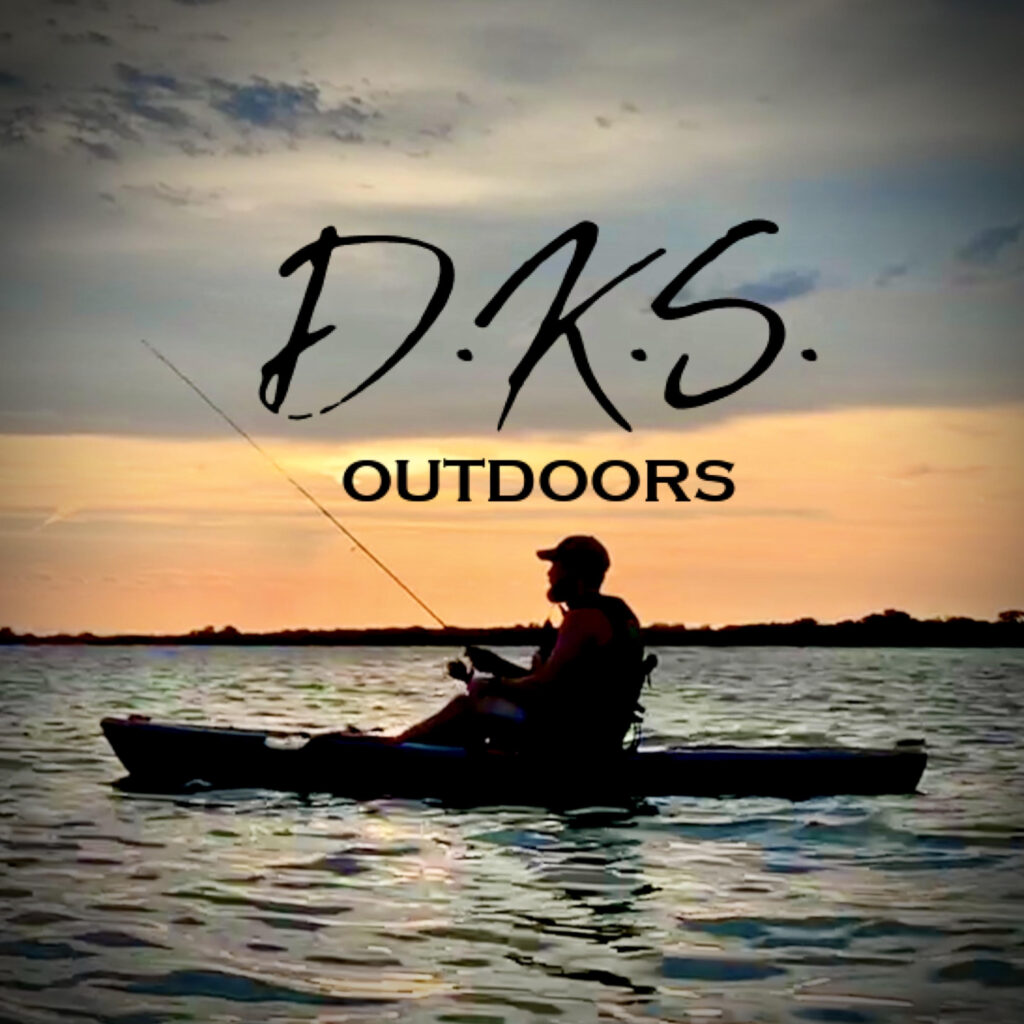Fishing is a fun and rewarding activity, but it’s important to always put safety first. Whether you’re fishing from shore, a boat, or a kayak, there are certain precautions you can take to ensure a safe and enjoyable experience. In this blog post, we’ll cover some important tips on how to stay safe while fishing.

Wear a life jacket or personal flotation device when on the water.
One of the most important safety measures you can take when fishing is to wear a life jacket or personal flotation device (PFD) when on the water. Accidents can happen at any time, and a life jacket can mean the difference between life and death. Make sure the life jacket is the right size for you and fits snugly. In addition, make sure it is Coast Guard approved and in good condition.
Be aware of your surroundings and any potential hazards.
When fishing, it’s important to be aware of your surroundings and any potential hazards that may exist. If you’re fishing from shore, be aware of any slippery rocks or uneven terrain that could cause you to lose your balance. If you’re fishing from a boat or kayak, be aware of any obstacles or hazards in the water, such as rocks, logs, or submerged objects. In addition, be aware of any changes in weather conditions, such as high winds or thunderstorms, that could pose a risk.
Follow boating and fishing regulations to stay safe.
It’s important to follow boating and fishing regulations to ensure your safety and the safety of others. Make sure you have the proper licenses and permits, and follow any size and bag limits for the fish you’re targeting. In addition, be aware of any special regulations or restrictions in the area you’ll be fishing, such as no-wake zones or closed areas.
Use proper fishing equipment and techniques.
Using the proper fishing equipment and techniques can also help you stay safe while fishing. Make sure your fishing rod and reel are in good condition and appropriate for the type of fishing you’ll be doing. If you’re using a lure or bait, make sure it’s the right size and type for the fish you’re targeting. In addition, use proper casting techniques to avoid getting your hook caught in trees or other obstacles.
Be prepared for emergencies.
Even if you take all the necessary precautions, accidents can still happen. Keep a first aid kit on hand, and know how to perform basic first aid procedures, such as CPR and treating wounds. In addition, make sure you have a way to call for help in case of an emergency, such as a cell phone or radio.
Practice good hygiene.
While not directly related to safety, practicing good hygiene can help prevent the spread of illness and keep you healthy while fishing. Make sure you wash your hands regularly, especially before handling food or after using the bathroom. In addition, make sure you properly dispose of any trash or waste to keep the area clean and free from bacteria.
Fishing can be a fun and rewarding activity, but it’s important to always put safety first. By following these tips and taking the necessary precautions, you can ensure a safe and enjoyable fishing experience. Remember to Wear a life jacket, watch surroundings, follow regulations, use proper equipment, prepare for emergencies, practice hygiene. Happy fishing!
Read about choosing the right rod and reel here!
